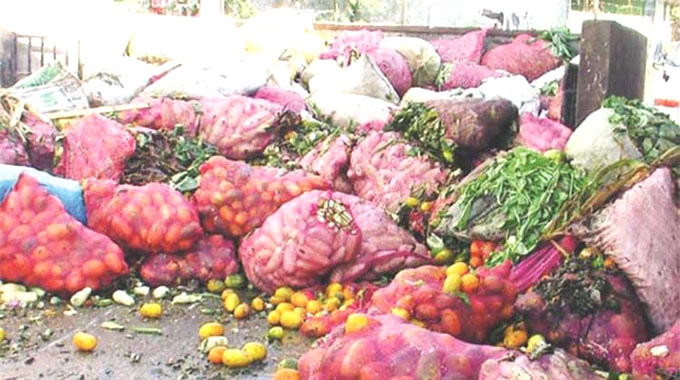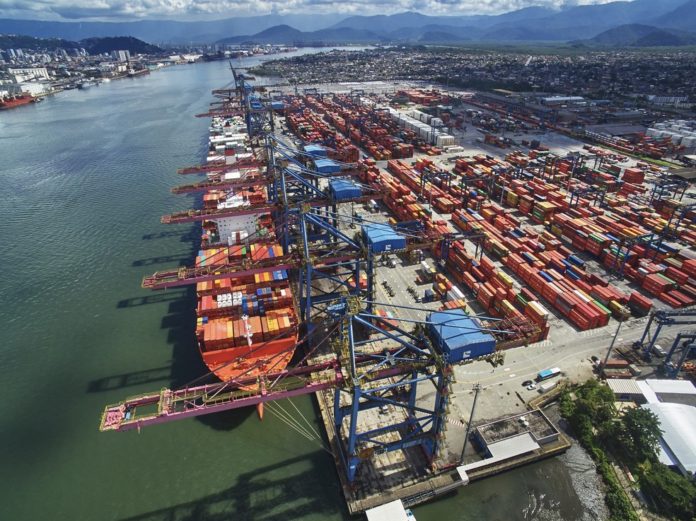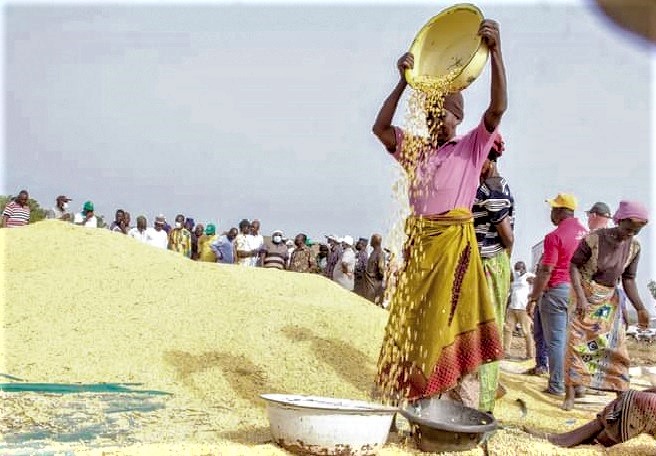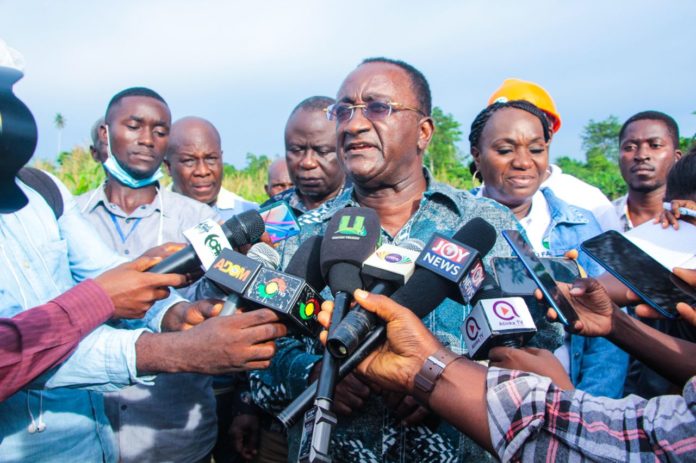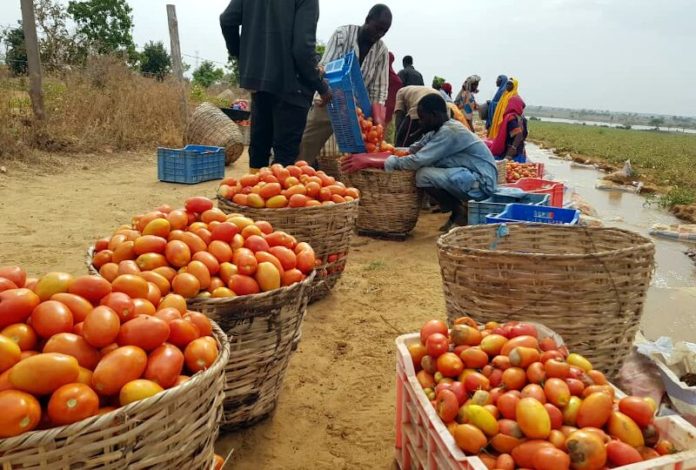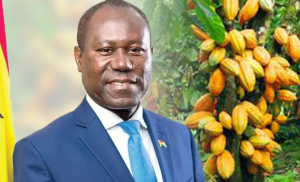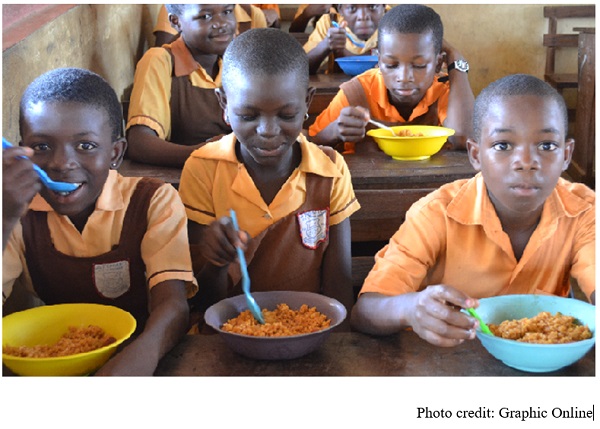Perennial post-harvest losses, according to the Peasant Farmers Association of Ghana (PFAG), have compelled many farmers to reduce their farm sizes – a situation that can cause food shortage and worsen the current upsurge of food prices in the country.
Dr. Charles Nyaaba, the Executive Director of PFAGy, says inadequate technology, poor storage facilities, bad roads and even improper handling of produce have been the main driving factors of post-harvest losses, hence the need for government to step up efforts to address the age-old problem.
“The country’s post-harvest situation has not experienced any positive change. The infrastructure and feeder roads to farming communities are still bad. “Farms have to sell their produce on time to avoid keeping them and encountering post-harvest losses. There are other instances when farmers have to ensure that they do not produce in large quantities, so they reduce their farm sizes to what they can take care of,”.
Data from the Ghana Statistical Service indicate that food inflation hit 30.7 percent in June, representing 1.6 percentage points higher than the non-food basket which recorded 29.1 percent.
For Dr. Nyaaba, government must prioritise and intentionally invest in the agriculture sector, as farmers continue to use primitive methods in production.
“If you take a crop like soya beans, farmers have to harvest using their hands; and because the rainfall patterns are not reliable, if they are unable to harvest them on time. They scatter and can have about 40 percent losses. Same for rice, especially when access to combine harvesters is difficult and expensive during the time other farmers are also harvesting. I once lost part of my rice farm to bush-fire because we could not finish early,” he noted.
Declined quality Discussing post-harvest handling of grain at the recent Ghana Commodity Exchange (GCX) webinar ahead of harvesting time, Chief Scientific Officer at the Ghana Standard Authority, Dr. Roseline Esi Amoah, noted that there will always be poor quality of produce – especially when farmers do not have much knowledge of handling and adequate technology to make the products sound and proper for the market.
“At each stage, it is very important for farmers to know how to handle the grain. Because at each stage there is a quality loss. Now, we have farmers who can leave harvested grain on the field because they do not have enough technology. If you have a mechanical thresher, it is easier; but if you are going to do it by stripping and rubbing you will have a lot of broken grain with dust and chaff, and that can cause insect infestation,” she said.
She added that without proper storage facilities, produce is left on the field at the mercy of the weather; meanwhile, improper handling can lead to microbes, aflatoxin and other mycotoxin infestation of grain, making it unsafe.

